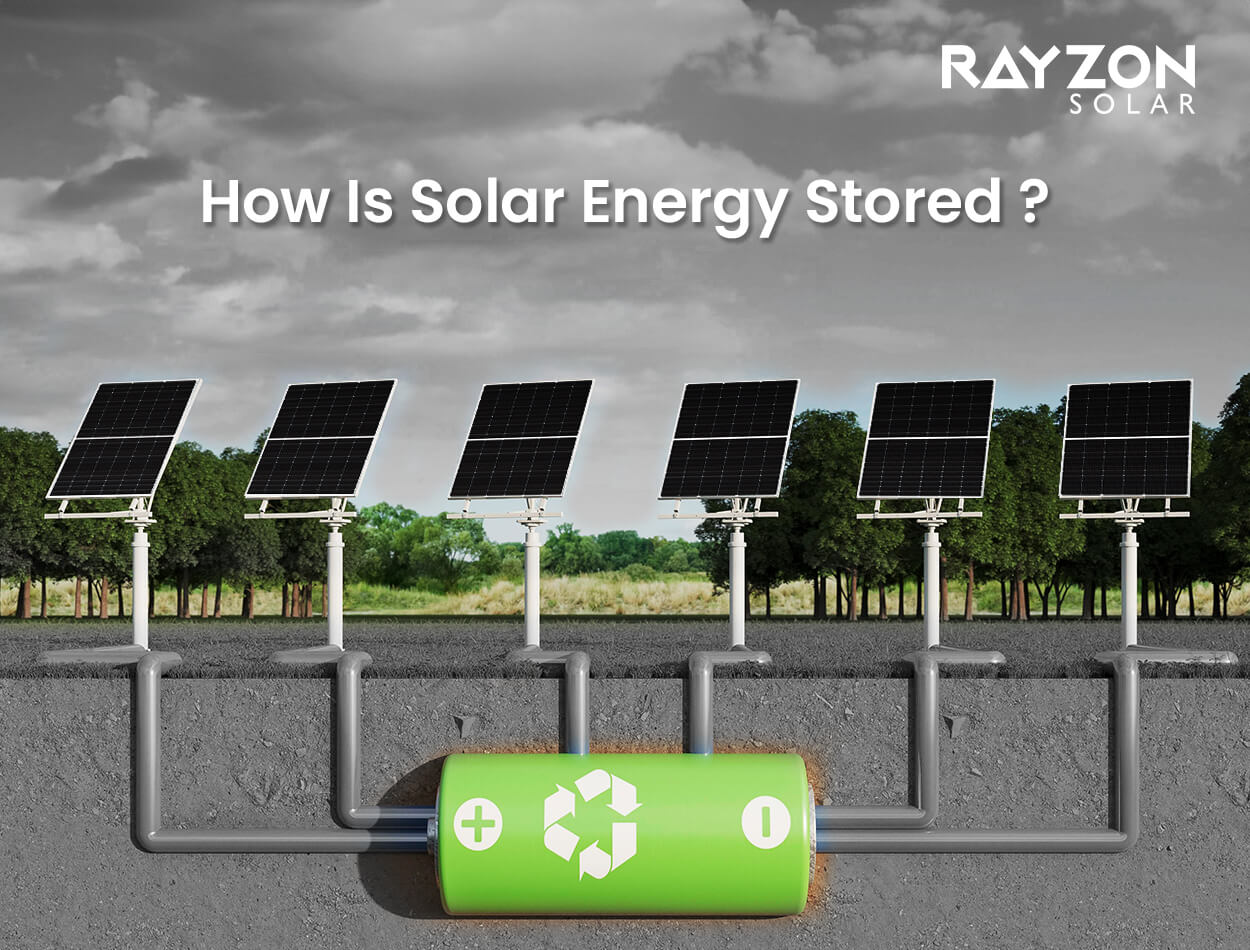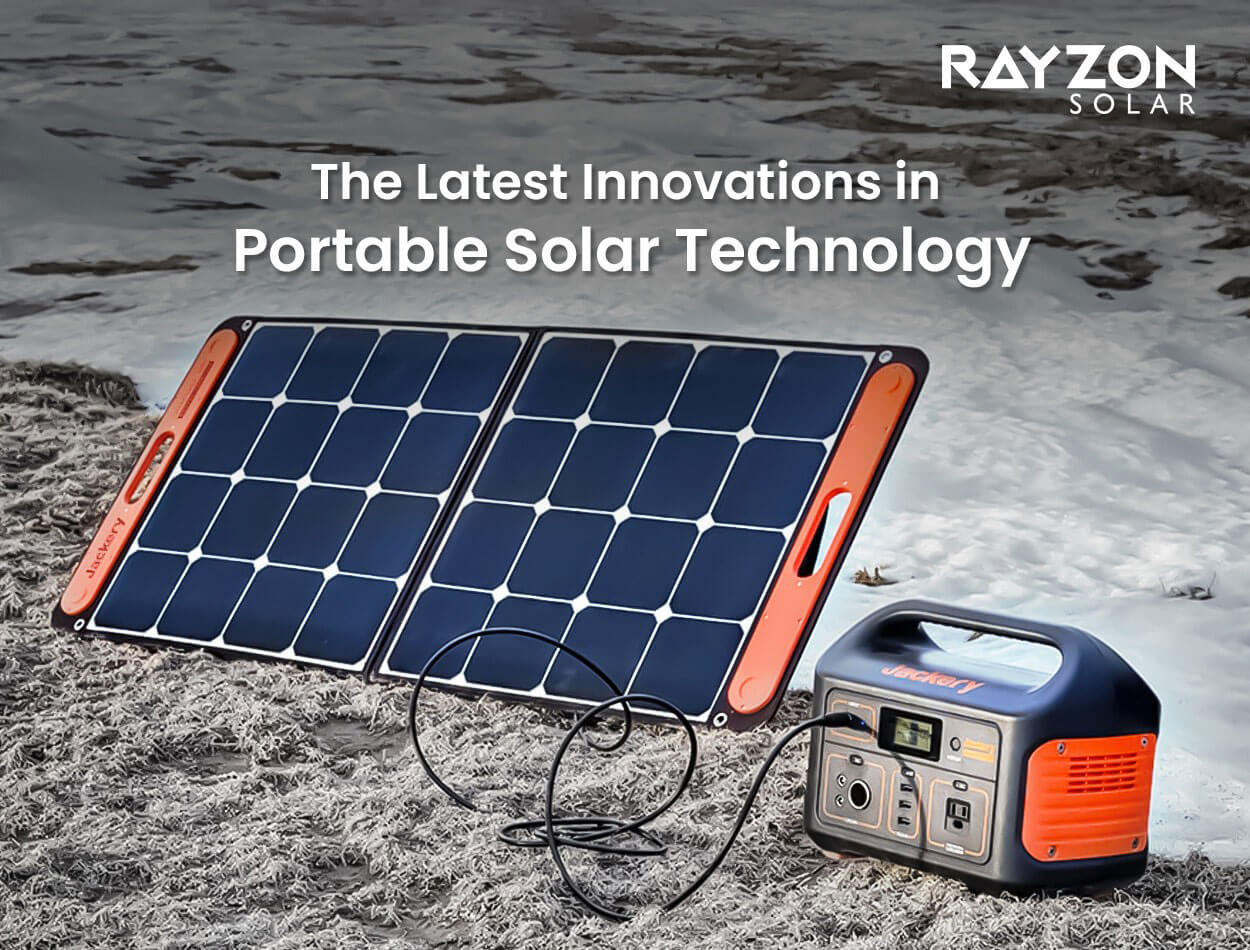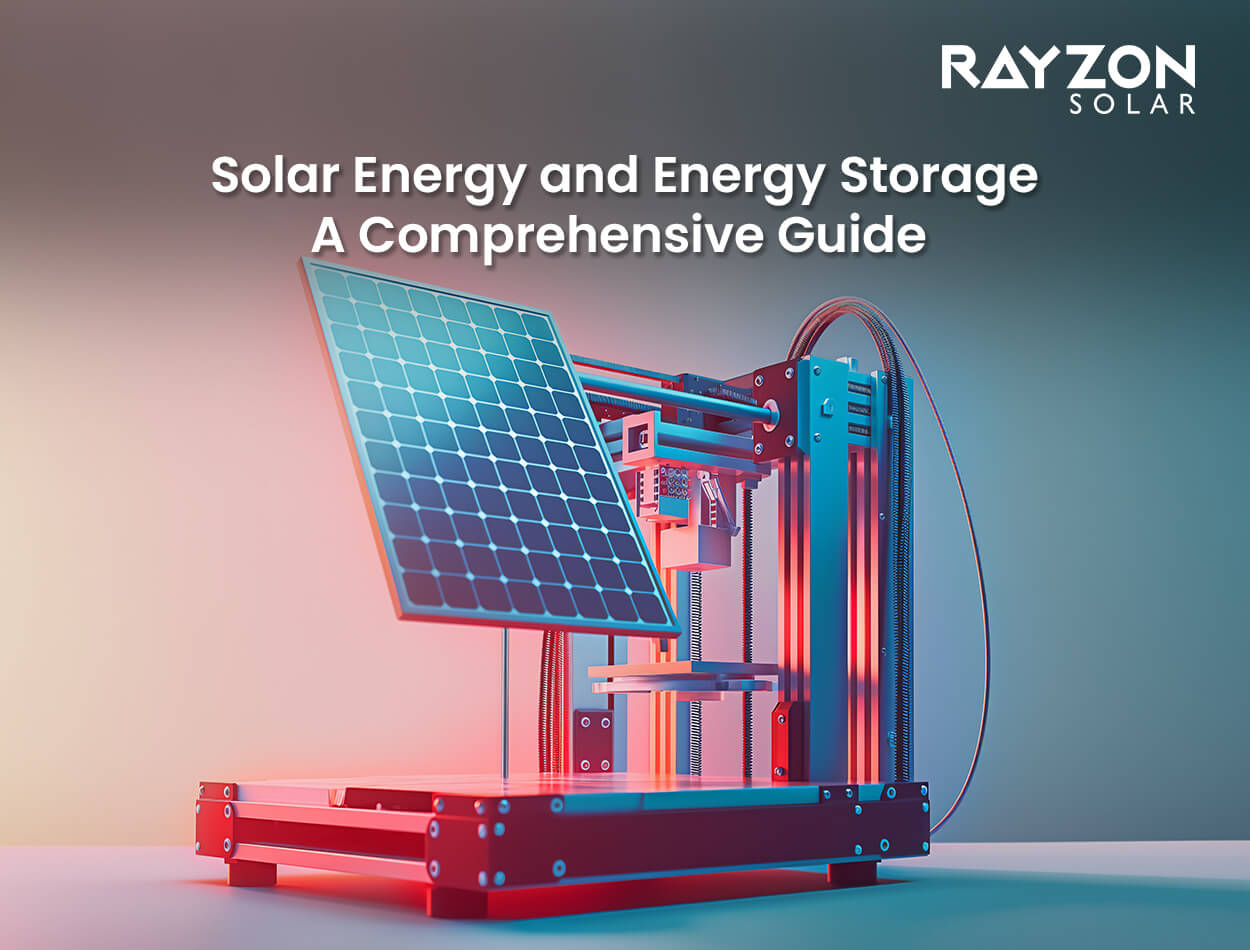
How Is Solar Energy Stored?
In the dynamic world of renewable energy, solar power stands out as a promising solution, not only for its environmental benefits but also for its potential to achieve energy independence. Rayzon Solar, India's Top solar panel manufacturer, has extended its reach to the US solar market, consolidating its position as an industry leader. With a reputation for innovation and excellence, Rayzon Solar has earned the trust of over 1000+ satisfied customers worldwide. Our commitment to quality has consistently earned us recognition as a top solar panel manufacturer since 2017.
As we enter 2024, Rayzon Solar's influence is growing stronger, with an impressive production capacity of 4 GW powered by the latest TOPCon technology. This remarkable achievement is a testament to our founder's forward-thinking leadership and unwavering commitment to innovation. With a solid presence in the United States and Europe, Rayzon Solar is poised to transform the way homes are powered, paving the way for a sustainable energy future.
Understanding Solar Energy Storage
Solar panels are widely recognized as a key component in the fight against climate change. However, they have a limitation - they can only generate electricity when there is sunlight. This is where solar energy storage comes in. This technology allows solar power to be used even when there isn't enough sunlight. By using energy storage solutions, homeowners can access a reliable power supply, reducing their dependence on traditional utility grids. This advancement improves the efficiency of solar energy systems and contributes to environmental sustainability by maximizing the utilization of renewable energy sources. Additionally, solar energy storage empowers individuals to take control of their energy consumption, giving them a sense of autonomy and resilience in the face of fluctuating energy demands and grid instabilities.
Types of Solar Energy Storage
Solar energy can be stored through various methods, including mechanical, thermal, and battery storage. While mechanical and thermal storage systems offer viable alternatives, they often entail significant space requirements and operational complexities. In contrast, battery storage, particularly lithium-ion batteries, emerges as the preferred choice for residential applications due to their efficiency, longevity, and compact design.
Cost Considerations
The integration of solar energy storage represents a significant investment, with installation costs typically ranging from $9,000 to $12,000. Despite the initial expense, the long-term savings and environmental benefits outweigh the upfront expenditure. Moreover, federal tax incentives and state-specific rebates help alleviate financial burdens, making solar storage a financially viable option for homeowners.
Unlocking the Benefits of Solar Energy Storage
The advantages of solar energy storage extend far beyond mere electricity backup. From enhancing energy independence to reducing utility expenses, solar batteries offer a multitude of benefits:
Backup Power: Solar batteries serve as a reliable backup power source during grid outages, ensuring uninterrupted electricity supply for households, particularly in regions prone to blackouts.
Energy Independence: By reducing dependence on conventional utility grids, solar energy storage empowers homeowners to assert control over their energy consumption, shielding them from fluctuating utility rates and ensuring a consistent power supply.
Electric Bill Savings: Solar energy storage enables homeowners to optimize energy usage, thereby minimizing utility expenses. Through mechanisms such as net metering and time-of-use rates, solar battery owners can maximize savings on electricity bills.
Environmental Sustainability: By maximizing the utilization of renewable energy sources, solar energy storage contributes to a significant reduction in carbon emissions, fostering a cleaner and greener planet for future generations.
Is Solar Energy Storage Right for Your Homes?
While the benefits of solar energy storage are undeniable, determining its suitability for your home requires careful consideration of various factors. Solar storage presents a compelling investment opportunity if you reside in an area prone to power outages or experience peak-demand pricing from utilities. However, for homeowners seeking immediate financial returns, the feasibility of solar energy storage may vary.
Conclusion
In the realm of renewable energy, solar power stands as a light of innovation and sustainability. With Rayzon Solar leading the charge, the integration of solar energy storage exponents a new era of energy independence and environmental stewardship. By embracing solar technology and harnessing the power of sunlight, homeowners can not only reduce their carbon footprint but also enjoy the myriad benefits of clean, renewable energy.
As we continue to navigate the complexities of the modern energy landscape, the adoption of solar energy storage emerges as a crucial step towards a brighter, more sustainable future. Join the solar revolution today and embark on a journey towards energy self-sufficiency with Rayzon Solar.
Interested in installing solar panels but unsure about the costs? Delve into our comprehensive guide by Rayzon Solar for detailed insights on solar panel costs in the United States.
Read the full guide here: [Solar Panel Cost In The United States: A Comprehensive Guide By Rayzon Solar]



